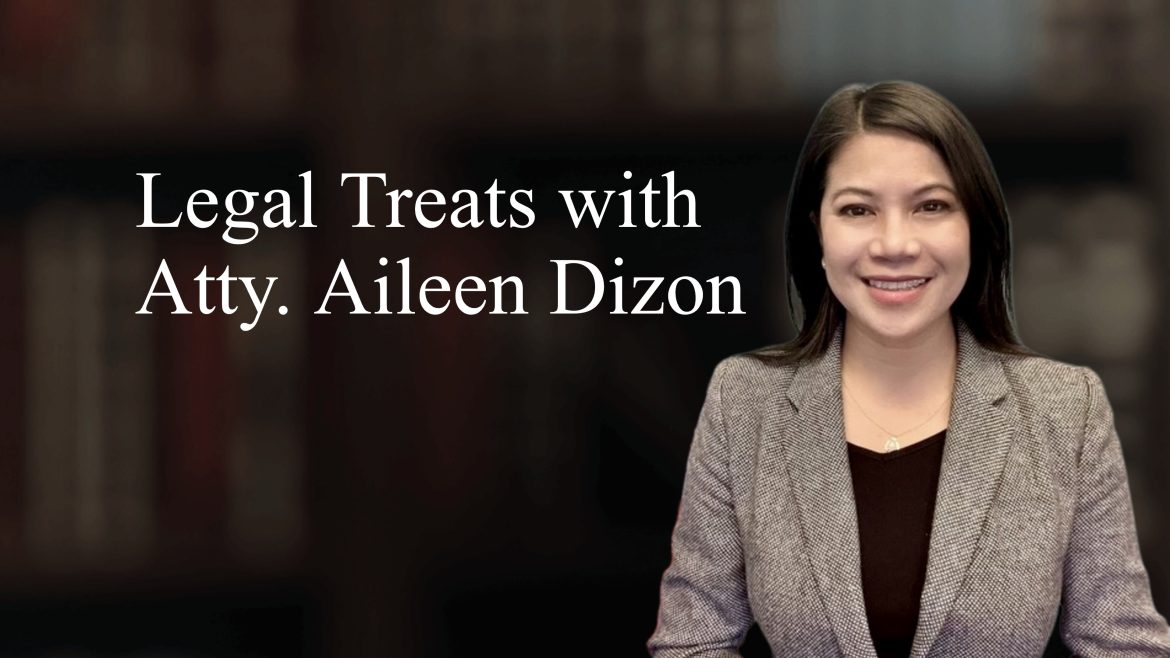When I think about the complexities of divorce, one topic that always sparks intense debate is the classification of assets. In Texas, where community property laws govern asset division, the question of whether future bonuses belong to one spouse or should be shared can lead to heated courtroom battles. Picture this: hard-earned bonuses—potentially worth millions—hanging in the balance, reliant on factors beyond anyone’s control. Are these future payouts a shared marital achievement, or simply a distant dream for one partner?
As couples go through the challenges of separation, it’s important to understand how Texas law treats bonuses. This can really impact not just finances but also emotional well-being. So, let’s take a look at this interesting legal landscape and discuss how future bonuses are considered separate property in Texas divorce cases.
Context of the Issue
In Texas, classifying property during a divorce is critical, especially when it comes to future bonuses. The law makes a clear distinction between community property and separate property, which significantly impacts how assets are divided. Community property generally includes assets acquired during the marriage, while separate property consists of items owned before the marriage or received as gifts or inheritances.
Understanding Community Property Laws in Texas

Definition of Community Property
Any property deemed community property is generally acquired during the marriage and includes earnings, real estate, and even business interests. This means that your spouse is entitled to half of the value of any assets accumulated while you were married. The Texas Family Code outlines that community property generally encompasses all income earned and all property purchased with that income during the marriage, making it crucial for you to understand what falls under this classification when discussing division during divorce proceedings.
Definition of Separate Property
Property that is classified as separate property is not considered part of the community estate. Separate property usually consists of assets acquired before the marriage, property inherited by one spouse, or gifts given specifically to one spouse during the marriage. Understanding what qualifies as separate property helps you identify your rights in a divorce and can significantly influence the outcome of asset division.
Understanding separate property in Texas is crucial for you, especially if you have certain assets you want to protect during the divorce process. If future bonuses are tied to work performed during the marriage but are not guaranteed until specific future dates, they may fall into a gray area. Establishing whether such bonuses should be classified as separate or community property can be a key point of contention, as seen in cases where contingent assets are involved. Knowing the distinction can empower you to make informed decisions about your financial future in the event of a divorce.
Key Arguments on Future Bonuses
In the case of Irick v. Lineberry, 01-20-00232-CV (Tex. App. Dec 09, 2021), Anne Lineberry and Brad Irick got married in 2014, but their union faced challenges, leading Lineberry to file for divorce the following year, citing Irick’s infidelity among other reasons. In January 2017, a bench trial took place where both parties presented evidence regarding their separate and community property to determine how to divide their shared assets.
During the trial, Irick provided an inventory that detailed various financial accounts and bonuses. He noted one upcoming bonus that he expected to receive before finalizing the divorce and proposed dividing it as a community asset. However, he categorized other future bonuses as having no value, stating that their worth depended on uncertain events, including his employment status on the respective payout dates. Irick explained that if he left the company before these bonuses were paid, he would not receive them.
Anne Lineberry’s Position
I found myself drawn to Anne Lineberry’s argument. She firmly believed that the future bonuses Brad Irick was set to receive were deferred compensation for work completed during their marriage. She contended that since these bonuses were tied to her husband’s employment during their time together, they should be classified as community property and divided accordingly. Lineberry insisted that these bonuses were clearly identified during the divorce proceedings, making her claim even more compelling.
Brad Irick’s Position
On the other side was Brad Irick, who argued that these future bonuses should be considered separate property. He maintained that the bonuses were contingent on his continued employment with the company on specific future dates, meaning they hadn’t been earned at the time of their divorce. Irick’s stance hinged on the idea that because the bonuses depended on uncertain future events and were not guaranteed, they simply did not qualify as community property at the time of separation.
Trial Court’s Analysis
As I explored this case further, I discovered how the trial court analyzed the nature of those bonuses during the divorce proceedings. The court concluded that the bonuses would not be earned until after the divorce was finalized. Consequently, it treated them as contingent assets with no present value. The trial court clearly stated that anything earned from those bonuses would be classified as post-divorce income, categorizing them as separate property.
Findings on Contingency
The trial court emphasized that since the bonuses were contingent upon Irick’s employment status on specified future dates, they were deemed speculative and not subject to division. This reasoning solidified the conclusion that the bonuses had no value at the time of the divorce decree, reinforcing their classification as separate property.
Texas Family Code
According to Texas Family Code § 3.002, community property is defined as property acquired during marriage, explicitly excluding separate property. Because those bonuses were characterized as potential future earnings contingent on Irick’s employment, they fell outside the definition of community property.
To Wrap Up
Ultimately, classifying future bonuses as separate property during a divorce in Texas revolves around their contingent nature and when they are considered earned. In this case, the trial court’s finding that the bonuses were speculative and not subject to division was pivotal in ruling them as separate property. This situation underscores the importance of understanding how contingent assets are treated under Texas law during divorce proceedings.
Visit www.ligotdizon.esq for more information.

